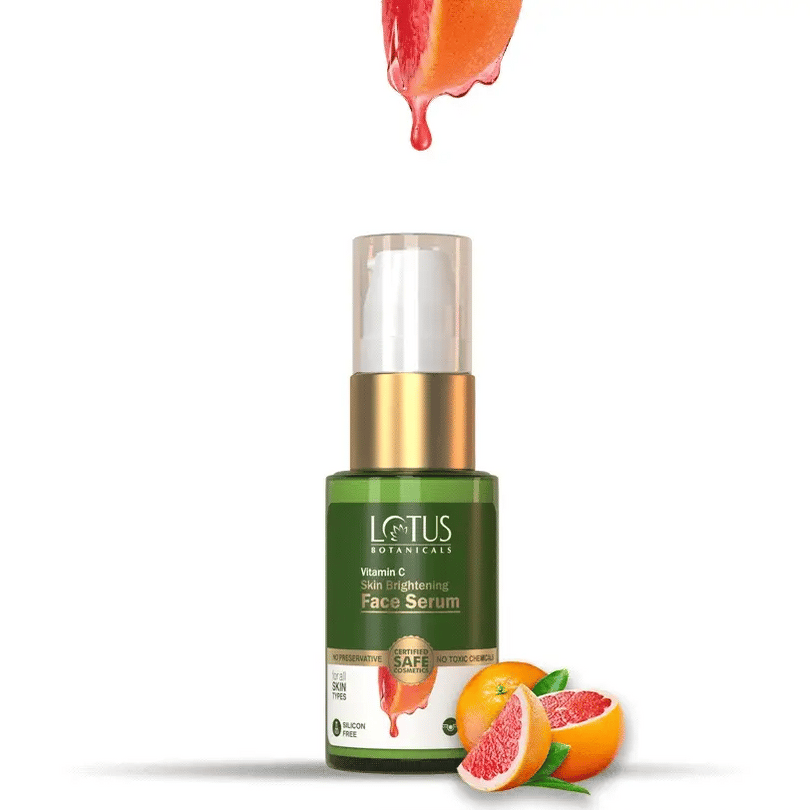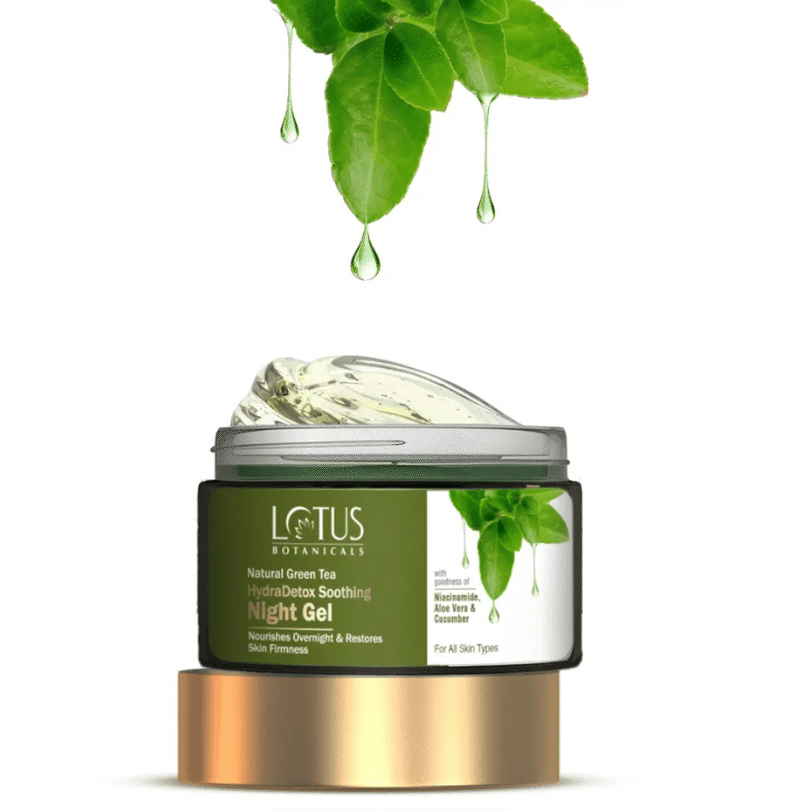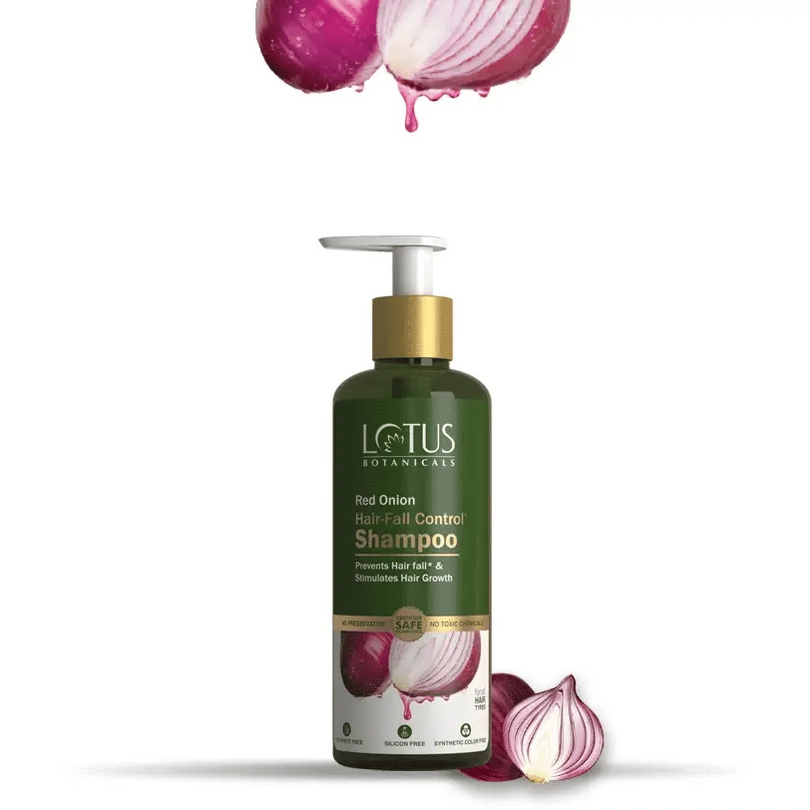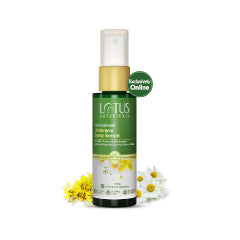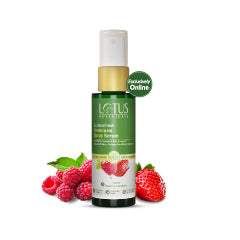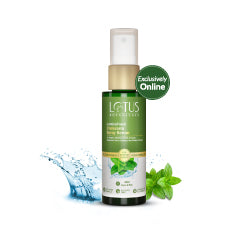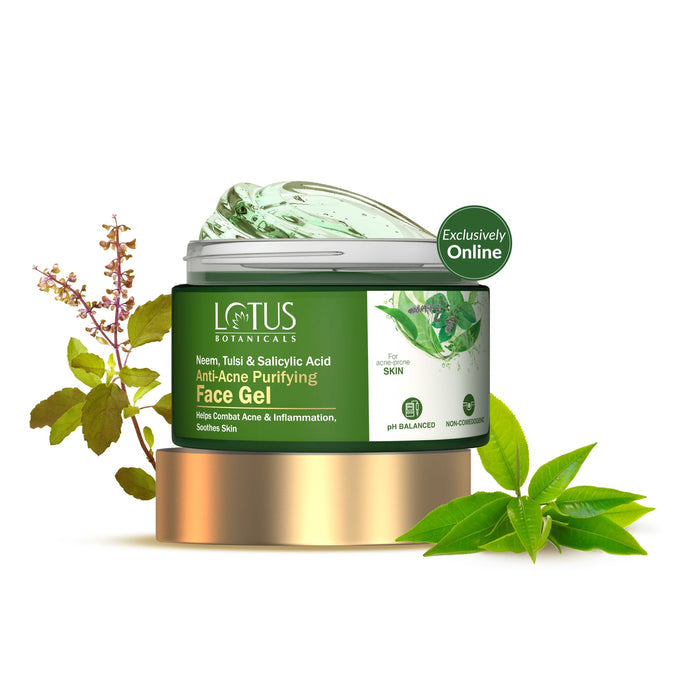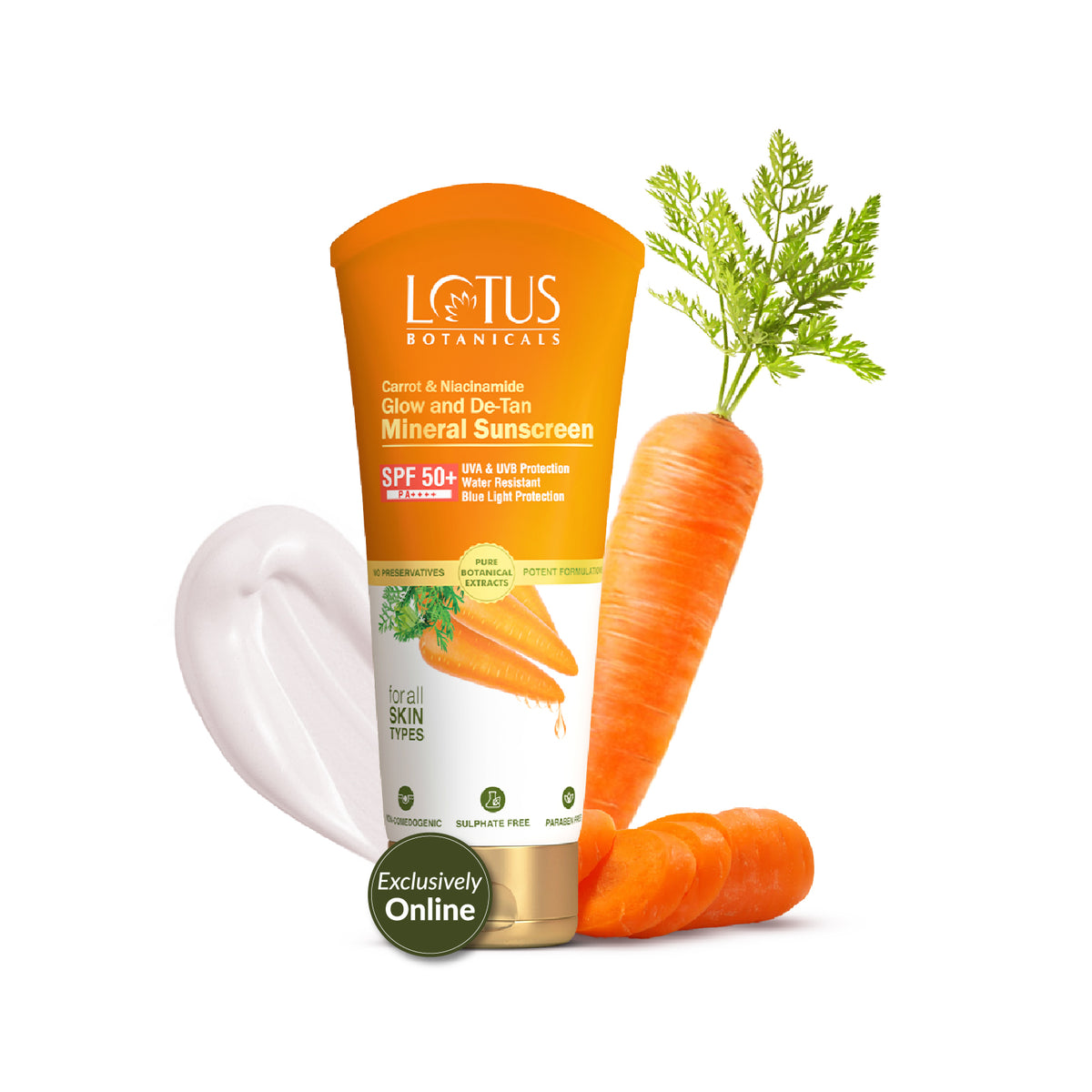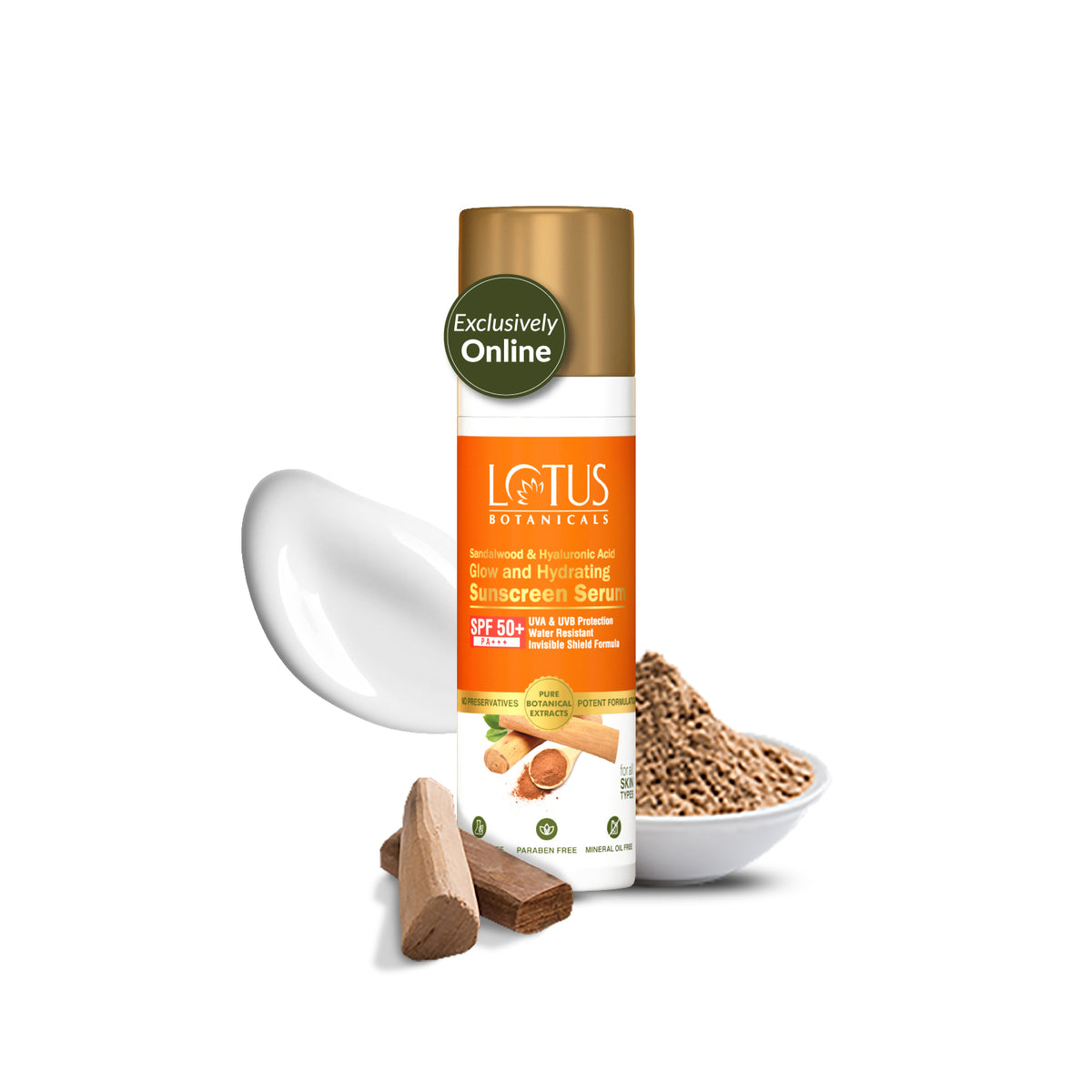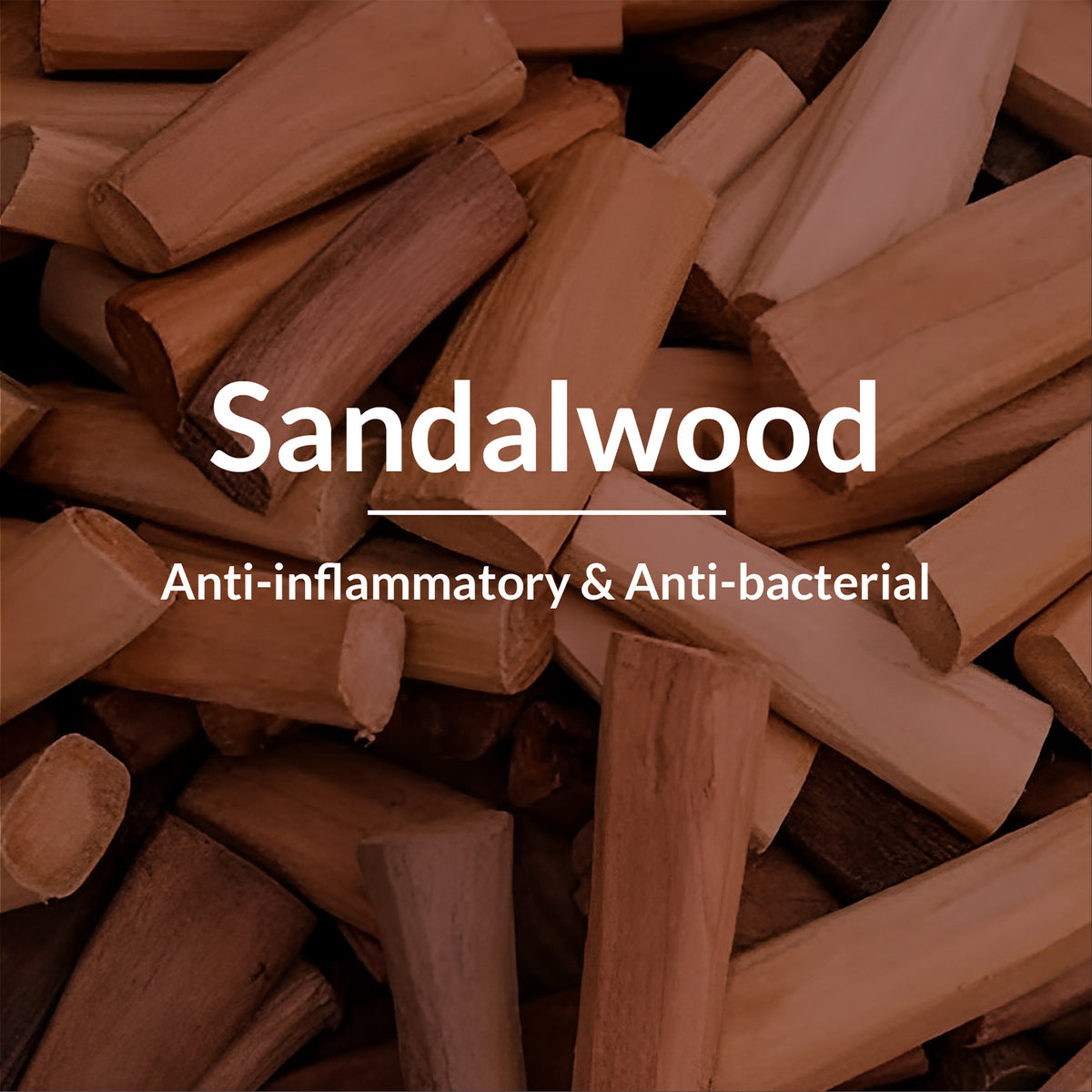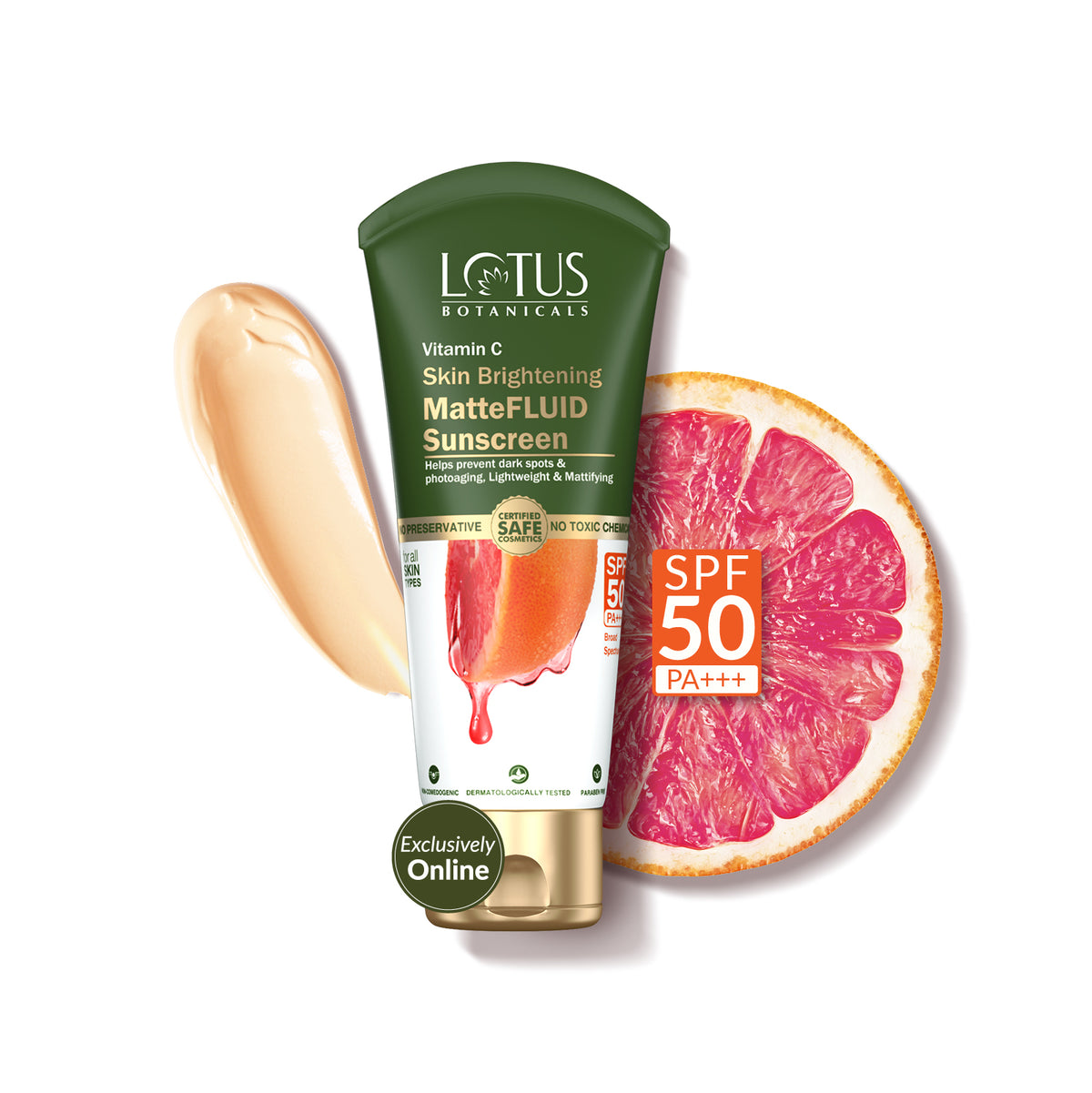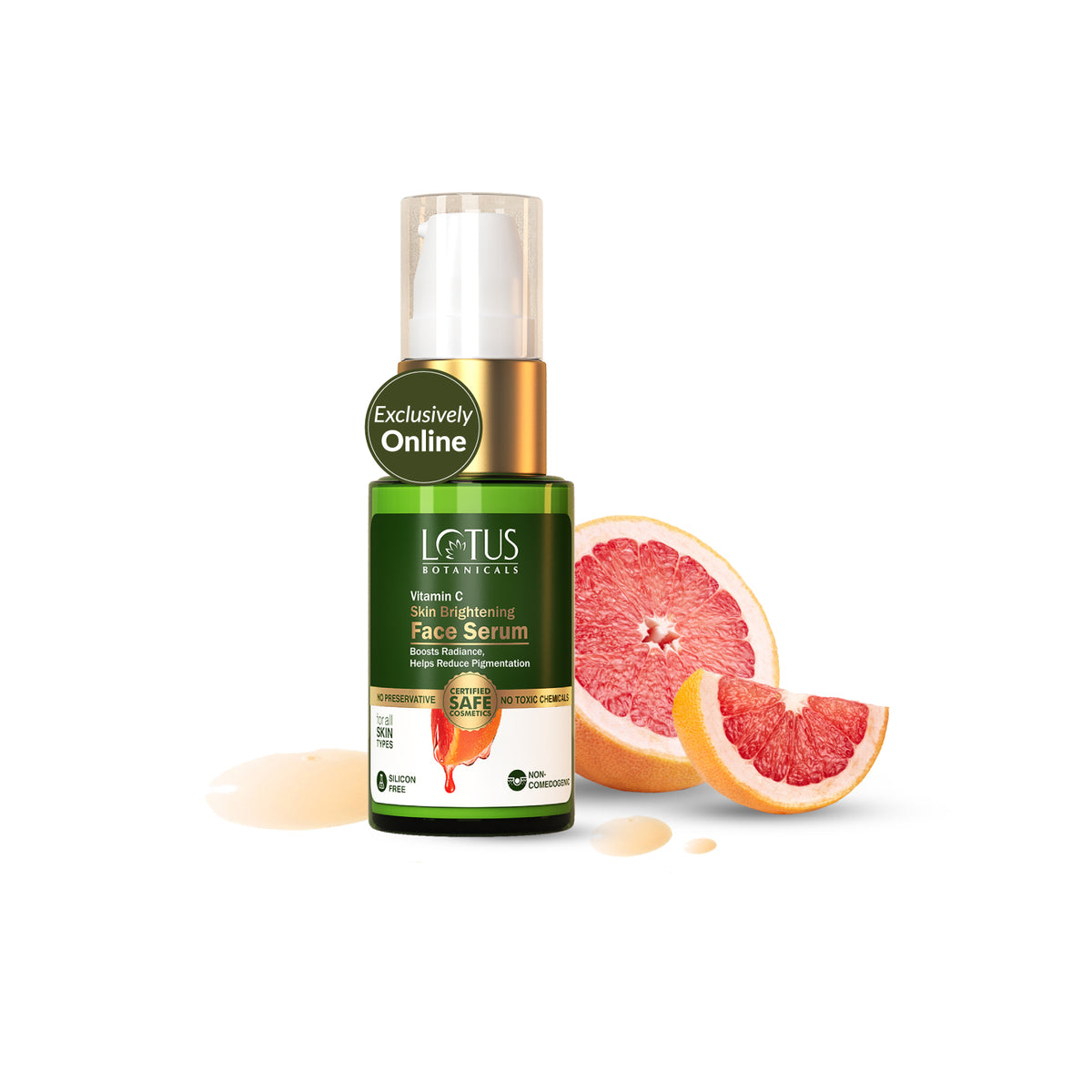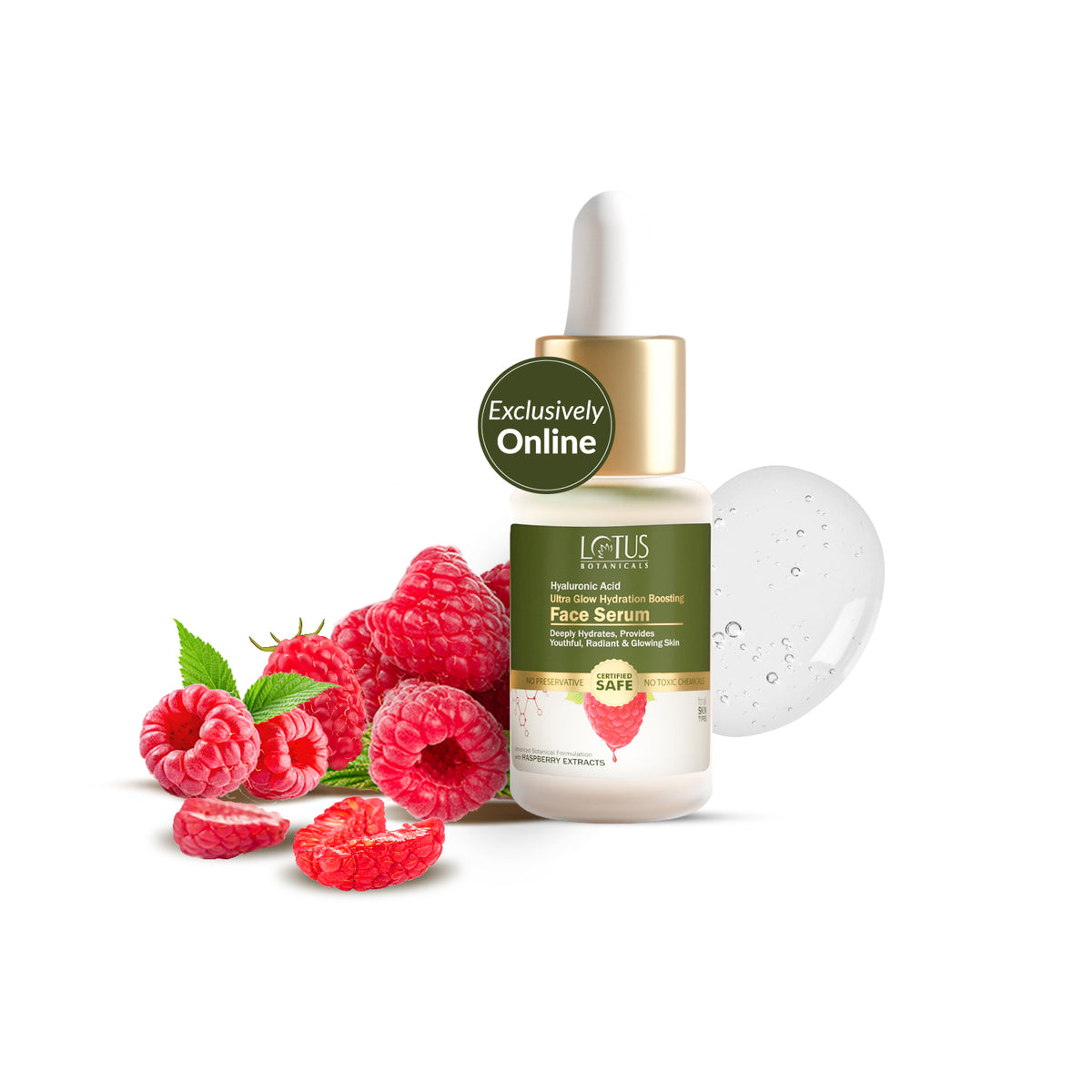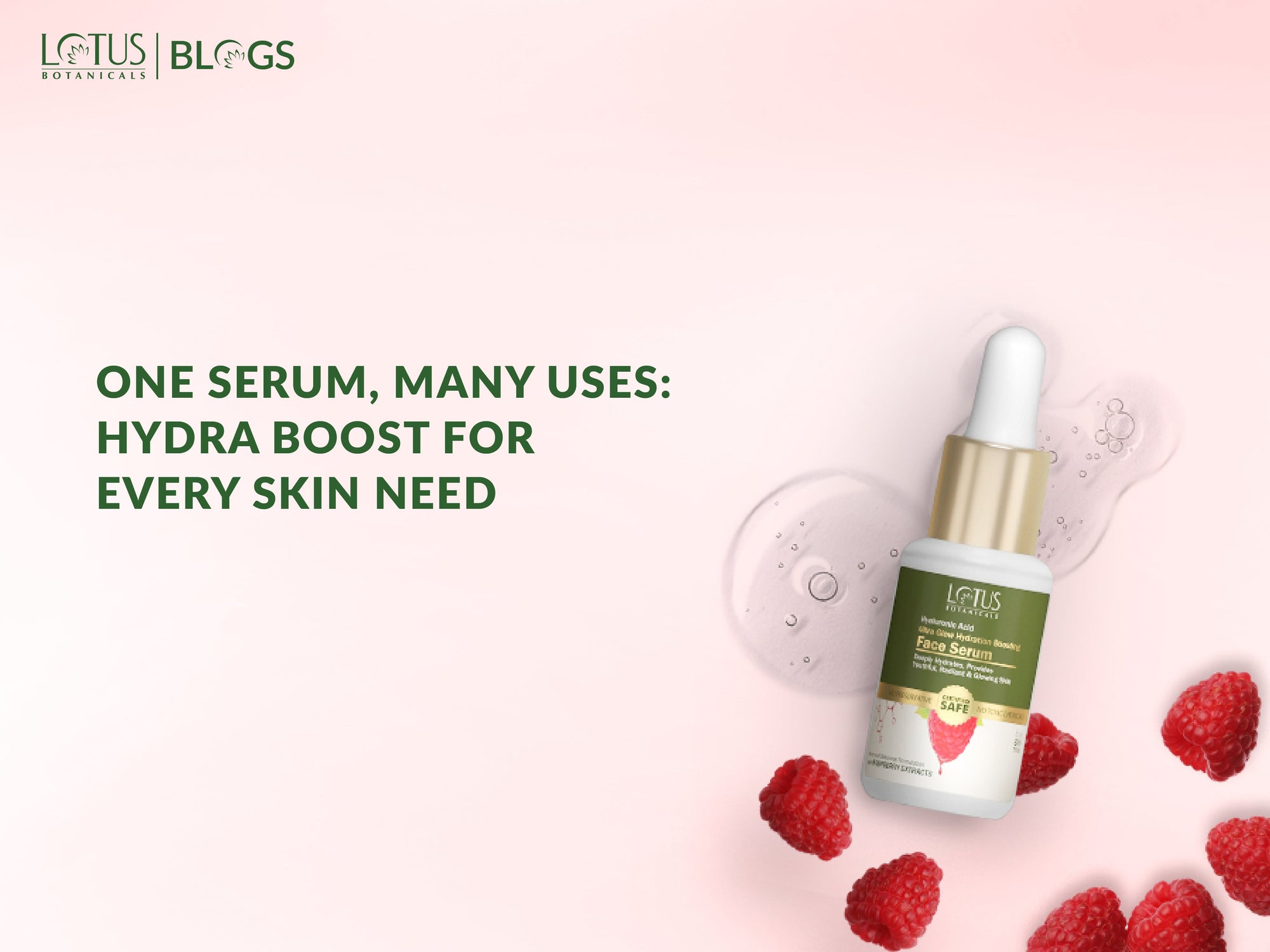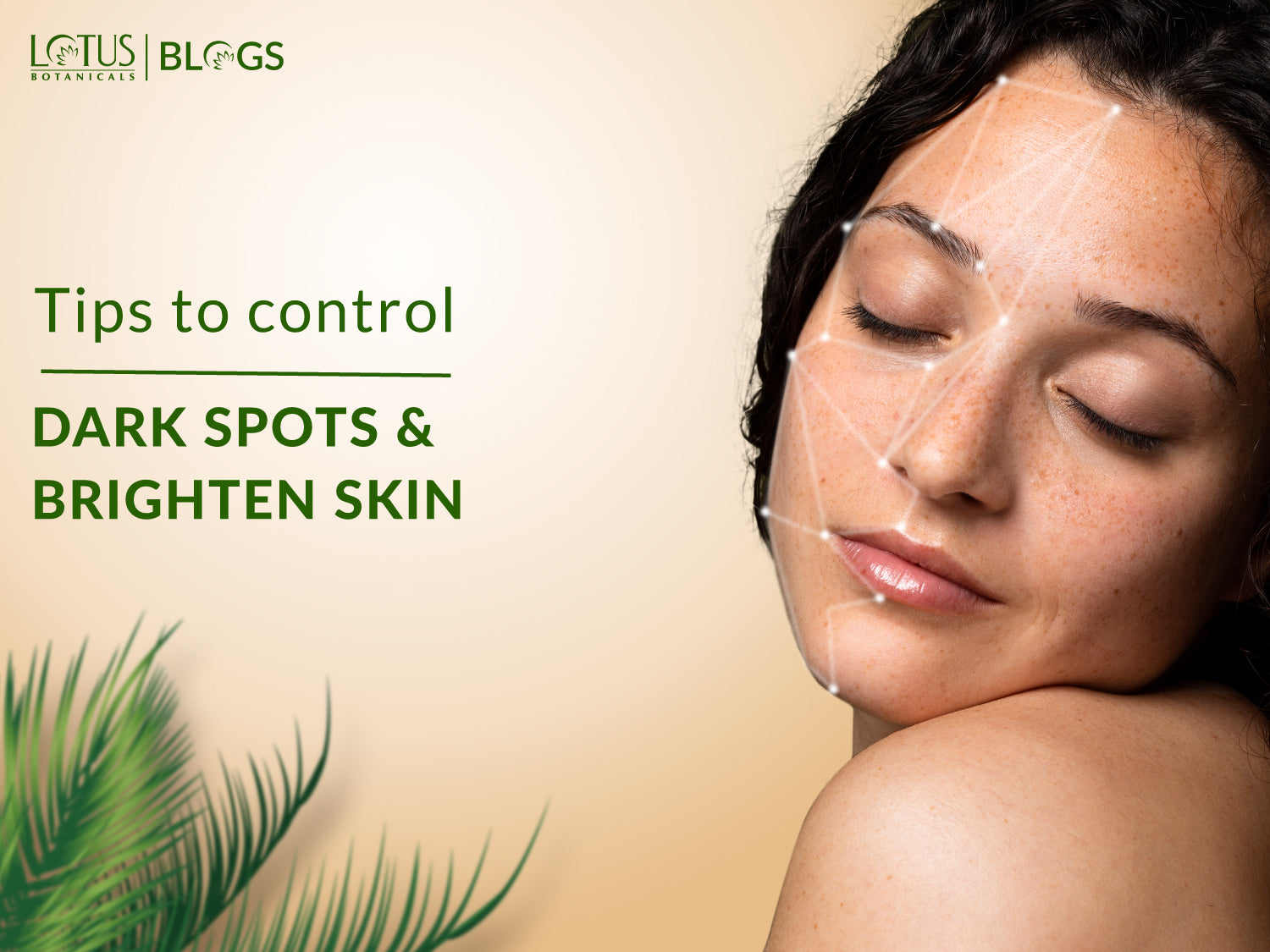
Highlights
Addressing dark spots and achieving brighter skin is a common goal for many individuals seeking to improve their overall appearance and confidence. These dark spots, often caused by factors like sun exposure and aging, can be a source of frustration and self-consciousness.
Fortunately, there are effective solutions available to help fade these spots and enhance skin brightness. One such solution is Vitamin C; a powerful antioxidant known for its ability to brighten skin and reduce the appearance of dark spots.
In this guide, we will explore how Vitamin C can play a significant role in controlling dark spots and achieving a brighter complexion. From understanding the importance of addressing dark spots to exploring the benefits of Vitamin C, this guide aims to provide comprehensive insights and practical tips for improving skin tone and texture.
What are Dark Spots?
Dark spots, also known as hyperpigmentation, are areas of the skin that appear darker than the surrounding skin tone. They can vary in size, shape, and color, ranging from light brown to black.
Dark spots are caused by an excess production of melanin, the pigment responsible for giving skin its color. These spots often appear on areas of the skin that are frequently exposed to the sun, such as the face, hands, arms, and shoulders.
While dark spots are usually harmless, they can be a source of cosmetic concern for many individuals. But what exactly causes dark spots? Let’s find out the common reason behind them.
Causes of Dark Spots
Dark spots, also known as hyperpigmentation, can have many causes. Some of these causes include:
1. Sun Exposure
Dark spots can result from exposure to sunlight. When the skin is exposed to the sun's ultraviolet (UV) rays, it triggers the production of melanin, the pigment responsible for giving skin its color.
Excess sun exposure can cause an overproduction of melanin in certain areas, leading to the formation of dark spots or sunspots on the skin.
2. Hormonal Changes
Dark spots can also be caused by hormonal changes. During pregnancy or while taking birth control pills, fluctuations in hormone levels can stimulate the production of melanin in the skin.
This often results in a condition called melasma, characterized by dark patches or spots, typically on the face.
Melasma is commonly referred to as the "mask of pregnancy" due to its prevalence during pregnancy.
3. Skin Injuries
Dark spots can also develop because of skin injuries or acne. When the skin is injured or inflamed, such as from a cut, scrape, or acne breakout, it triggers the body's natural healing response.
As the skin repairs itself, excess melanin may be produced, leading to the formation of dark marks or spots at the site of the injury or acne lesion.
These dark spots, often referred to as post-inflammatory hyperpigmentation, can take time to fade and may persist long after the initial injury or acne has healed.
4. Genetics
Genetics can play a significant role in the development of dark spots. Some individuals may inherit genes that make them more prone to conditions like melasma or freckles. Melasma, for example, often runs in families, suggesting a genetic predisposition. Similarly, freckles are caused by an overproduction of melanin in response to sunlight, and their presence can be influenced by genetic factors.
5. Aging
As people age, their skin undergoes changes that can contribute to the development of dark spots.
Over time, the skin's ability to regulate melanin production may decrease, leading to uneven pigmentation and the formation of dark spots. Factors such as cumulative sun exposure and environmental damage can exacerbate this process.
Additionally, age-related changes in skin structure and function, such as a decrease in collagen production and slower cell turnover, can make existing dark spots more prominent.
6. Medications
Certain medications can cause dark spots on the skin as a side effect. Some medications, such as hormone therapies or chemotherapy drugs, can disrupt the normal production of melanin, leading to hyperpigmentation.
For example, hormone replacement therapy (HRT) can increase melanin production, leading to dark patches on the skin, particularly in areas exposed to sunlight. Chemotherapy drugs may also cause changes in pigmentation, resulting in dark spots or patches.
7. Exposure to UV Light
The sun and tanning beds are the main reasons for dark spots. Hyperpigmentation often occurs in middle age when the skin shows the effects of sun exposure, especially if you didn't use sunscreen regularly earlier in life.
Those with fair hair or skin and a history of severe sunburns are especially vulnerable.
However, other factors can also cause dark spots. These causes may occur independently or alongside UV exposure.
8. Skin Conditions
Dark spots can be caused by various skin conditions. There are different skin conditions that can cause dark spots, but they're not the same as age-related dark spots. Some of these conditions include:
- Post-inflammatory hyperpigmentation: Skin discoloration after an allergic reaction, infection, burn, or acne.
- Melasma: Also known as pregnancy mask or chloasma.
- Linea nigra: A dark line down the middle of the abdomen during pregnancy.
- Riehl's melanosis: Caused by sun exposure, this is a form of contact dermatitis.
- Poikiloderma of Civatte: A non-cancerous condition turning parts of the neck reddish-brown.
- Erythromelanosis follicularis: Reddish-brown pigmentation on the face and neck.
Similarly, age spots, also called liver spots, result from sun exposure and aging, typically appearing on areas with frequent sun exposure like the face and hands.
Carrot & Niacinamide Glow and De-Tan Mineral Sunscreen | SPF 50+ | PA++++
Highest UV Protection with PA++++| High Performance Mineral Filters
Sandalwood & Hyaluronic Acid Glow and Hydrating Sunscreen Serum | SPF50+ | PA+++
Ultra High Sun Protection | Unique Sunscreen Serum Formula
How to Get rid of Dark Spots
Reducing or eliminating dark spots can be challenging, but there are approaches to help minimize their appearance. Here are some effective methods to consider. Keep in mind that some of these
solutions may involve invasive procedures, so it's essential to consult your dermatologist for advice:
1. Sun Protection
Sun protection is crucial in reducing and preventing dark spots. Apply sunscreen with a high SPF (Sun Protection Factor) of at least 30 every morning, regardless of weather conditions or skin tone. Make sure to cover all exposed skin areas, including the face, neck, and hands.
Reapply sunscreen every two hours, especially if you're outdoors or sweating heavily. Sunscreen should also be reapplied after swimming or towel-drying.
Opt for a broad-spectrum sunscreen that protects against both UVA and UVB rays. An excellent option is the Vitamin C Skin Brightening MatteFLUID Sunscreen, which not only provides sun protection but also contains Vitamin C to brighten the skin and reduce the appearance of dark spots over time.
2. Incorporate Topical Treatments
Topical treatments are skincare products applied directly to the skin to target dark spots and hyperpigmentation. These treatments often contain active ingredients like hydroquinone, retinoids, alpha hydroxy acids (AHAs), or kojic acid.
- Hydroquinone is a bleaching agent that inhibits melanin production, helping to lighten dark spots over time.
- Retinoids, derived from Vitamin A, promote cell turnover and collagen production, leading to smoother, more even-toned skin.
- AHAs, such as glycolic acid and lactic acid, exfoliate the skin, removing dead cells and encouraging the growth of new, healthy skin cells.
- Kojic acid is a natural skin-lightening agent derived from mushrooms, which helps reduce the appearance of dark spots.
Consistent use of these topical treatments can help fade dark spots and improve overall skin tone.
3. Use Products Containing Vitamin C
Vitamin C is a potent antioxidant known for its ability to brighten the skin and fade dark spots. It works by inhibiting the production of melanin, the pigment responsible for dark spots, while also promoting collagen production for smoother, more radiant skin.
Incorporating Vitamin C into your skincare routine can help reduce the appearance of dark spots and improve overall skin tone. For optimal results, look for Vitamin C serums or creams with a stable form of Vitamin C, such as L-ascorbic acid.
Consider trying Vitamin C skincare products from Lotus Botanicals, a trusted brand known for its high-quality, natural ingredients and effective skincare solutions.
4. Facial Kit Incorporation
Incorporating a facial kit into your skincare routine involves using a set of products designed to target specific skin concerns, like dark spots. These kits typically include cleansers, toners, serums, masks, and moisturizers formulated with ingredients that help fade pigmentation and even out skin tone.
By following the instructions provided with the kit, you can effectively address dark spots and achieve brighter, more radiant skin.
For example, LotusBotanicals' Vitamin C Skin Brightening Facial Kit contains a combination of products infused with vitamin C, known for its skin-brightening properties.
This kit can help reduce the appearance of dark spots while nourishing and revitalizing the skin, promoting a more luminous complexion over time.
5. Exfoliation
Exfoliation is like giving your skin a fresh start. It involves removing dead skin cells from the surface, revealing smoother, brighter skin underneath. There are different ways to exfoliate, such as using gentle scrubs, chemical exfoliants like AHAs or BHAs, or enzymatic exfoliants.
These products work by loosening and lifting away dead skin cells, allowing new skin cells to emerge. Regular exfoliation can help fade dark spots by promoting cell turnover and encouraging the growth of healthier skin.
However, it's essential to exfoliate gently and not overdo it, as harsh exfoliation can irritate the skin and worsen dark spots.
Incorporating exfoliation into your skincare routine a few times a week can gradually improve the appearance of dark spots and leave your skin looking refreshed and rejuvenated.
6. Avoid Picking or Scratching
Avoid picking or scratching at dark spots on your skin. When you pick or scratch at these spots, it can make them worse and cause more damage.
Picking can lead to irritation, inflammation, and even scarring, making the dark spots more noticeable and harder to treat.
Additionally, picking can spread bacteria, increasing the risk of infection. Instead of picking, gently cleanse and moisturize your skin, and follow a consistent skincare routine to help fade the dark spots over time. If you're tempted to pick, distract yourself with another activity or cover the spots with a bandage to prevent touching them.
Picking or pinching your skin will hurt it more than it will help it heal, and dark spots will show up less.
7. Maintain a Healthy Lifestyle
Maintaining a healthy lifestyle means taking care of your body in different ways that can help your skin stay healthy. Here's what it involves:
- Eating Well: Try to eat plenty of fruits, vegetables, and other healthy foods. These foods are full of vitamins and antioxidants that can keep your skin healthy.
- Drinking Water: Make sure you drink enough water every day. Water helps keep your skin hydrated, which can make it look healthier and may help reduce dark spots.
- Getting Enough Sleep: Your body repairs itself while you sleep, including your skin. Getting enough sleep can help your skin stay healthy and may reduce the appearance of dark spots.
- Avoiding Unhealthy Habits: Try to avoid things like smoking and excessive drinking, as they can harm your skin and make dark spots worse.
If you follow these tips, your skin will have the best chance of staying healthy, glowing, and free of problems like dark spots.
8. Opt for Natural Remedies
Natural remedies for dark spots involve using ingredients found in nature, like aloe vera, lemon juice, and apple cider vinegar. These remedies are often used because they contain properties believed to lighten skin pigmentation.
For instance, lemon juice contains citric acid, which is thought to have bleaching effects on the skin. People may apply lemon juice directly to dark spots or mix it with other ingredients like honey or yogurt to create a mask.
Similarly, aloe vera is known for its soothing properties and is sometimes used to reduce inflammation and lighten dark spots. While these natural remedies are popular, it's important to note that their effectiveness varies among individuals, and they may not work for everyone.
Additionally, some natural ingredients like lemon juice can cause skin irritation in sensitive individuals, so it's essential to patch-test before using them extensively.
Vitamin C Skin Brightening MatteFLUID Sunscreen | SPF 50 | PA+++
Unique MatteFLUID Texture | 100x Vitamin C | Dermatologically Tested
Vitamin C Skin Brightening Face Serum
Deeply Hydrates Skin | 100x Vitamin C | Reduces Pigmentation
Conclusion
Getting rid of dark spots is important for keeping your face healthy and your confidence up. Taking quick action is the best way to stop more pigmentation and get better skin. People can effectively get rid of dark spots if they know how important it is to act quickly and follow the right skin care practices. Remember that consistency and patience are very important on the way to getting a brighter, healthier skin. Put your skin's health first, act quickly, and enjoy the glow of skin that doesn't have any dark spots.
FAQs
Can dark spots be prevented?
Yes, wearing sunscreen daily, avoiding excessive sun exposure, and using skincare products with ingredients like vitamin C and retinol can help prevent dark spots.
How can I treat dark spots?
Treatment options for dark spots include topical creams containing ingredients like hydroquinone or kojic acid, chemical peels, laser therapy, and microdermabrasion.
Are dark spots harmful?
In most cases, dark spots are harmless, but they can affect one's appearance and self-confidence. However, it's essential to monitor any changes in size, shape, or color and consult a dermatologist if necessary.
Can dark spots fade on their own?
Sometimes, mild dark spots may fade on their own over time, especially with proper skincare and sun protection. However, stubborn, or severe dark spots may require professional treatment.
Are there any natural remedies for dark spots?
Some natural remedies for dark spots include using lemon juice, aloe vera, green tea extract, or apple cider vinegar topically. However, it's essential to use caution and consult with a dermatologist before trying any home remedies.
Raspberry & Hyaluronic Acid Ultra Glow Hydration Boosting Face Serum
Deeply Mositurises Skin | Rich in Antioxidants | Promotes even skin Tone | Brightens Skin
Sandalwood & Hyaluronic Acid Glow and Hydrating Sunscreen Serum | SPF50+ | PA+++
Ultra High Sun Protection | Unique Sunscreen Serum Formula







